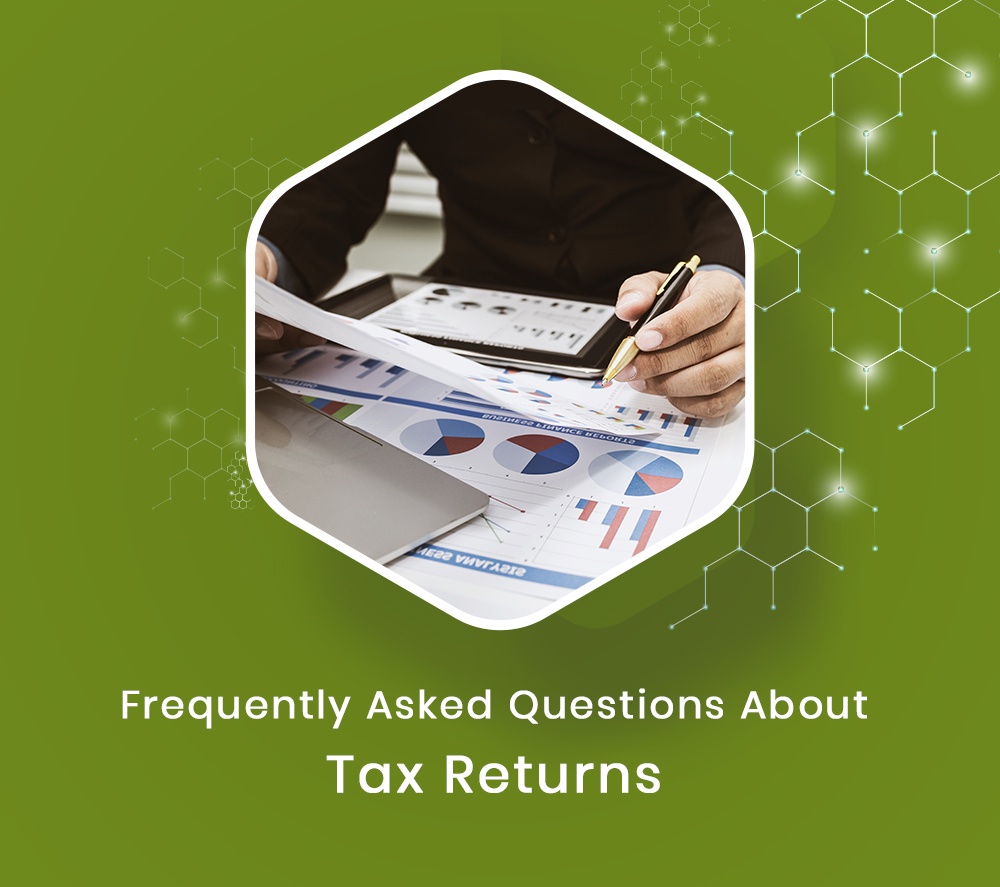Frequently Asked Questions About Tax Returns

Tax preparation and filing are things both individuals and companies often find a challenge. While some of us have the knowledge and skills to maintain our monthly accounts, we often need assistance arranging our receipts, preparing our documents, and planning to ensure we save our hard-earned money.
If you have a business, multiple expenses, or are not proficient in filing your tax returns on your own, hiring a tax preparation specialist can ensure your accounts are always in order, and you are never in danger of an audit from the IRS (Internal Revenue Service). However, unless you have used the services of an accountant and tax professional before, you have many questions that need answering before you decide on the best tax preparation firm for you.
To ensure you have all your doubts cleared, Dyer & Associates CPA, PLLC, wants to arm you with the most accurate information about tax preparation and filing. To do this, we’ve answered some of the most frequently asked questions relating to tax returns.
1. When should I file my self-employment income from any one source?
If you made $400 profit after the gross income minus business expenses, you should file a federal tax return. You should report this on your tax return with a Schedule C. Depending on your business structure, you may file other tax forms.
2. What Information do I need to file my self-employment income?
Personal information such as full legal name, birthdate, social security number or EIN, address, percent ownership, partners, ownership acquisition date, and details of spouse or dependents. You will also require accounting records, including last year’s federal and state returns, journal entries, profit and loss statements, and balance sheets. Similarly, you will also need income records that include all income and 1099’s for the business, tax payments made during the year, and business expenses you plan to deduct.
3. What are common deductions for my self-employment income?
Common deductions for my self-employment income include advertising, business insurance, loan interest, bank fees, charitable contributions, training expenses, equipment, health care expenses, home office expenses, internet and cell phone charges, legal and accounting fees, office supplies, etc.
4. What personal information do I need to file my taxes along with my self-employment income?
Your legal name, date of birth, SSN, driver’s license, and last year’s tax return for you, your spouse, and any dependents. W-2 and 1099’s (if self-employed), unemployment income, state or local refunds, home or property sale, pension, IRA, annuity, social security or RRB income, trust and estate beneficiary earnings, and HSA and long-term care reimbursements.
5. What are common deductions for my personal tax return?
Tuition statements, itemized receipts of qualified educational expenses, and student loan interest. Mortgage interest statements, property tax payment receipts, energy-efficient upgrade receipts (form 5695). Charitable contributions, form 1098-C for vehicle donations, child and dependent care expenses with the provider’s name, address, and tax ID or SSN. Health care expenses, job-related educational expenses. IRA contributions with form 5498 and health savings account form 5498-SA.
6. How has COVID-19 been affected by 2021 charitable contributions?
The Cares Act allows you to deduct up to 100% of your adjusted gross income in qualified charitable donations if you plan to itemize your deductions. You can claim $300 per person ($600 for married couples filing jointly) for charitable contributions paid in cash if you take the standard deduction.
7. How does COVID-19 affect my 2021 medical deductions?
Medical expenses can be deducted above 7.5% of adjusted gross income. But you have to itemize our deductions in order to write off those expenses on your tax return.
8. Can I claim a home office because I work remotely now?
You can only claim home office if you are self-employed or in a partnership.
If you have any more questions about accounting, and tax services, get in touch with Dyer & Associates CPA, PLLC. We have been around for over twenty years and are a family-based certified public accounting firm focused on providing individuals and businesses income tax, accounting, and consulting services in Hernando and throughout Mississippi, Tennessee and Arkansas.
To learn more about how we can help you, please click here or contact us by clicking here.